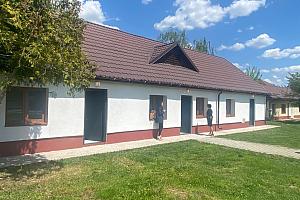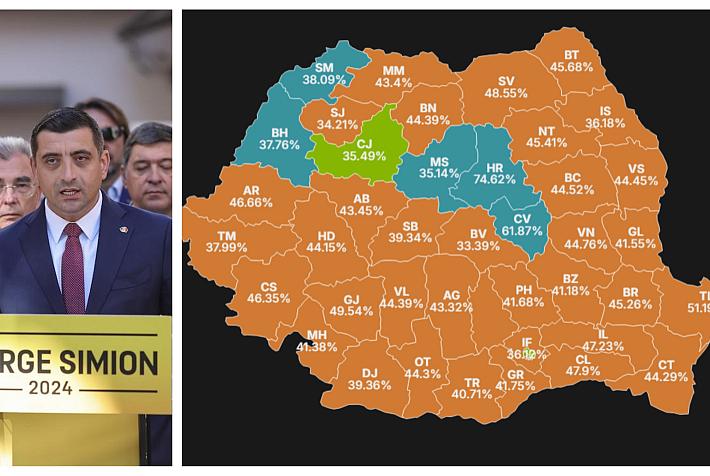Domestic abusers in Bucharest and three Romanian counties will be tracked by means of electronic tagging as pilot project is finally launched
The long-awaited pilot project for monitoring offenders who are under judicial control or house arrest by means of electronic tag bracelets is launching this autumn.
The project will first be launched in Bucharest, Iasi, Mures, and Vrancea.
Through this project, offenders under judicial supervision, under house arrest, or subject to restraining orders will be monitored by electronic bracelets that track their movements via GPS, as part of the Electronic Monitoring Information System (SIME).
According to HotNews.ro, SIME is defined as a set of dedicated computer systems, applications, communication, and information technology equipment and networks, as well as electronic surveillance devices, intended for electronic monitoring in judicial and criminal enforcement proceedings.
The implementation of SIME is meant to be done in several phases, the first of which is going to involve perpetrators of domestic violence, where restraining orders have been issued to prevent such violence from occurring.
The procedure works like this: the perpetrator wears the bracelet, and the victim of domestic violence receives a twin device.
When the abuser exceeds the distance limitations imposed by the restraining order, the system will alert the police.
In order to enforce this new type of monitorization, the national police force will need more than 47 new officers and 604 agents in this phase alone, according to a draft decree on August 10 governmental agenda, quoted by HotNews.ro.
The draft decree sets the timeline for rollout (it is supposed to begin on October 1) and covers the technical and organizational aspects of operating the pilot Electronic Monitoring Information System including the conditions under which a person may be ordered by law to wear an electronic surveillance device.
The implementation of the program will be done in three stages:
- the first stage, between 2022 and 2023, will take place at the level of the municipality of Bucharest and the counties of Iasi, Mures, and Vrancea;
- during the second stage, in 2024, the counties of Bacău, Brașov, Caraș-Severin, Călărași, Cluj, Covasna, Galați, Giurgiu, Harghita, Ilfov, Mehedinți, Neamț, Prahova, Sibiu, Satu-Mare, Sălaj, Teleorman, Vaslui and Vâlcea will be added;
- the third stage, in 2025, will see the addition of the counties of Alba, Arad, Argeș, Bihor, Bistrița-Năsăud, Botoșani, Brăila, Buzău, Constanța, Dâmbovița, Dolj, Gorj, Hunedoara, Ialomița, Maramureș, Olt, Suceava, Timiș and Tulcea.
According to the decree's explanatory memorandum, SIME will cost circa RON 82.5 mln over the next 5 years, with most of the budgetary impact generated by the need to increase the number of posts in the Romanian Police by 497 police officers and 5637 agents.
The law providing for electronic monitoring in judicial and criminal enforcement proceedings was promulgated by the Romanian president in May 2021, as Law 146/2021 (whose full text can be accessed here), after spending years on the waitlist.
During these years, NGOs such as the Declic Civil Society and the FILIA Center fought tirelessly for the law’s adoption, not giving up in the face of repeated delays.
These organizations proved how desperately needed the Electronic Monitoring Information System truly is, showing unequivocally how the restraining order is "no more than a piece of paper” and that police officers effectively have no way of monitoring compliance with restraining orders without the use of electronic tagging.
Amongst the sobering statistics shared by the NGOs are a 2021 report conducted by the FILIA Center in the period between January and August showing that of the 7120 provisional restraining orders and 6901 court-issued restraining orders, more than a third of the orders were violated by the transgressors; as well as the 400 women killed through domestic violence in Romania in just the last 8 years.
(Photo source: Iuri Gagarin | Dreamstime.com)












